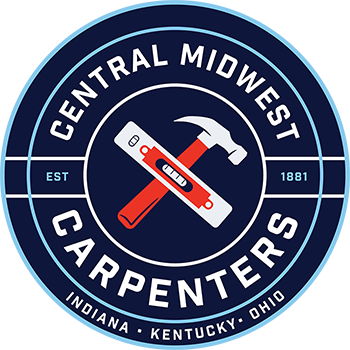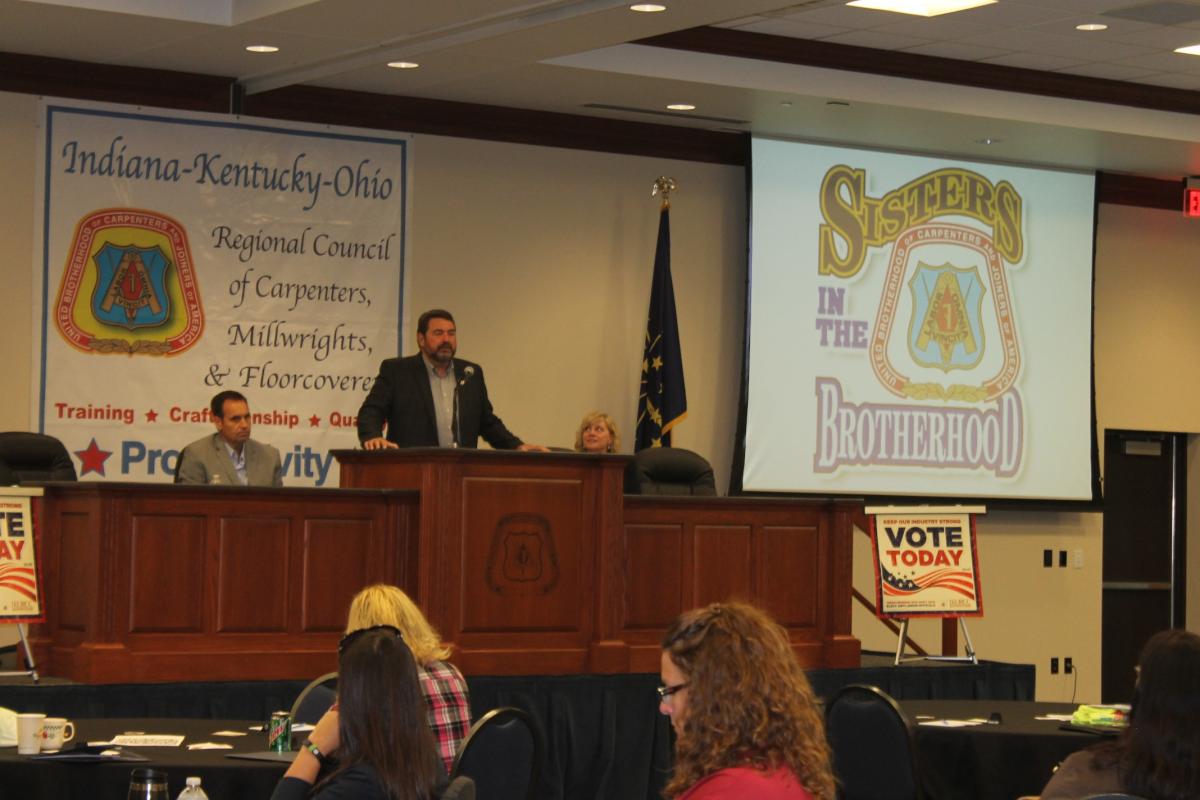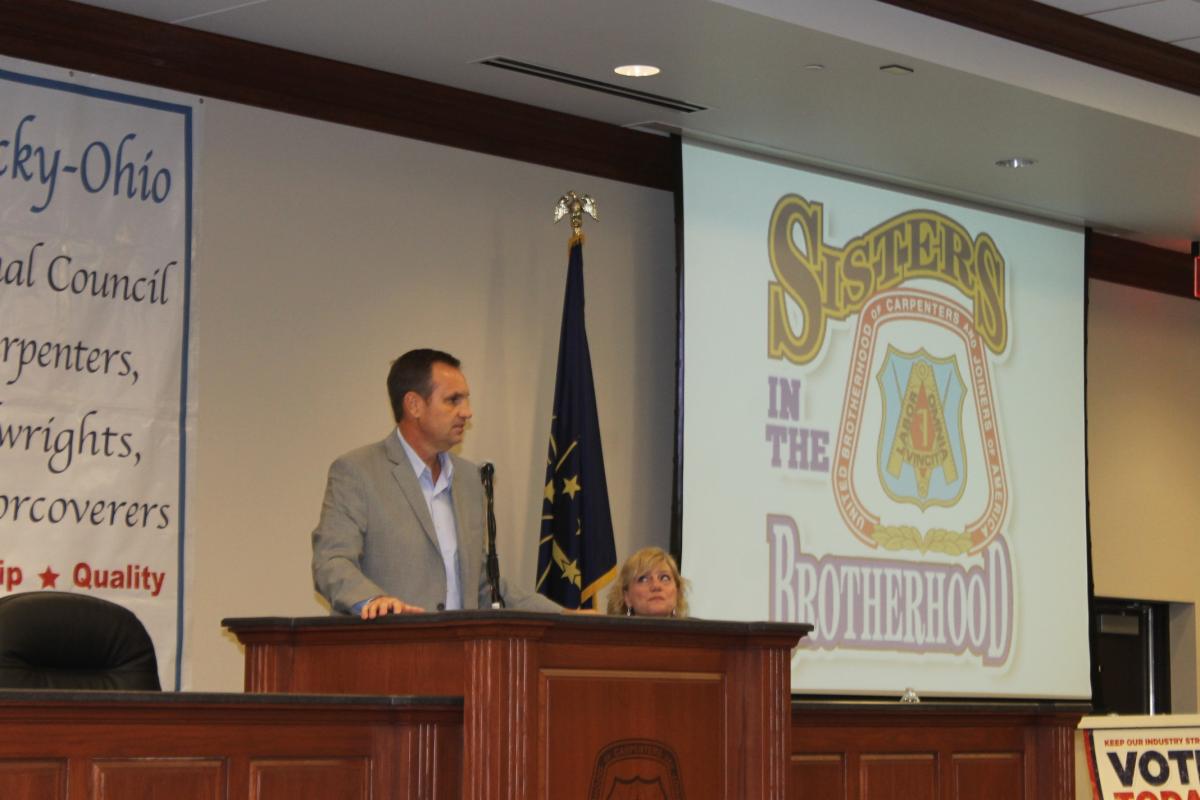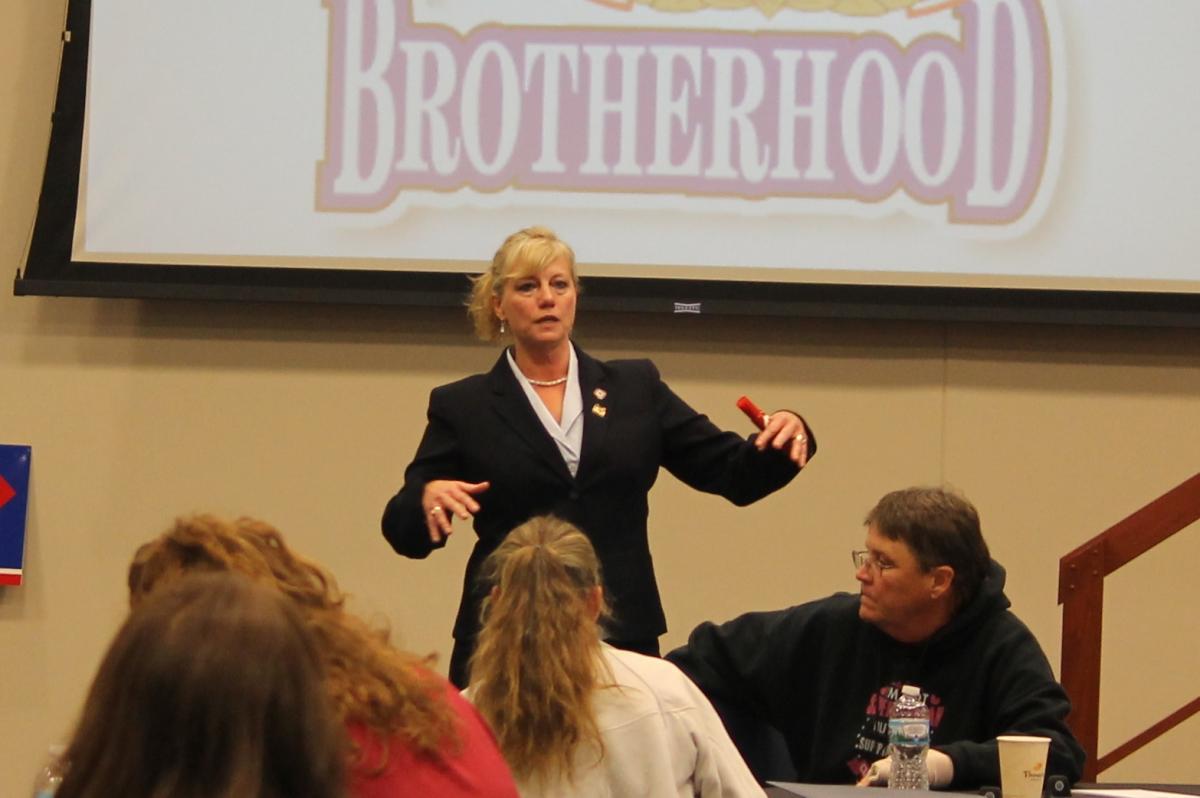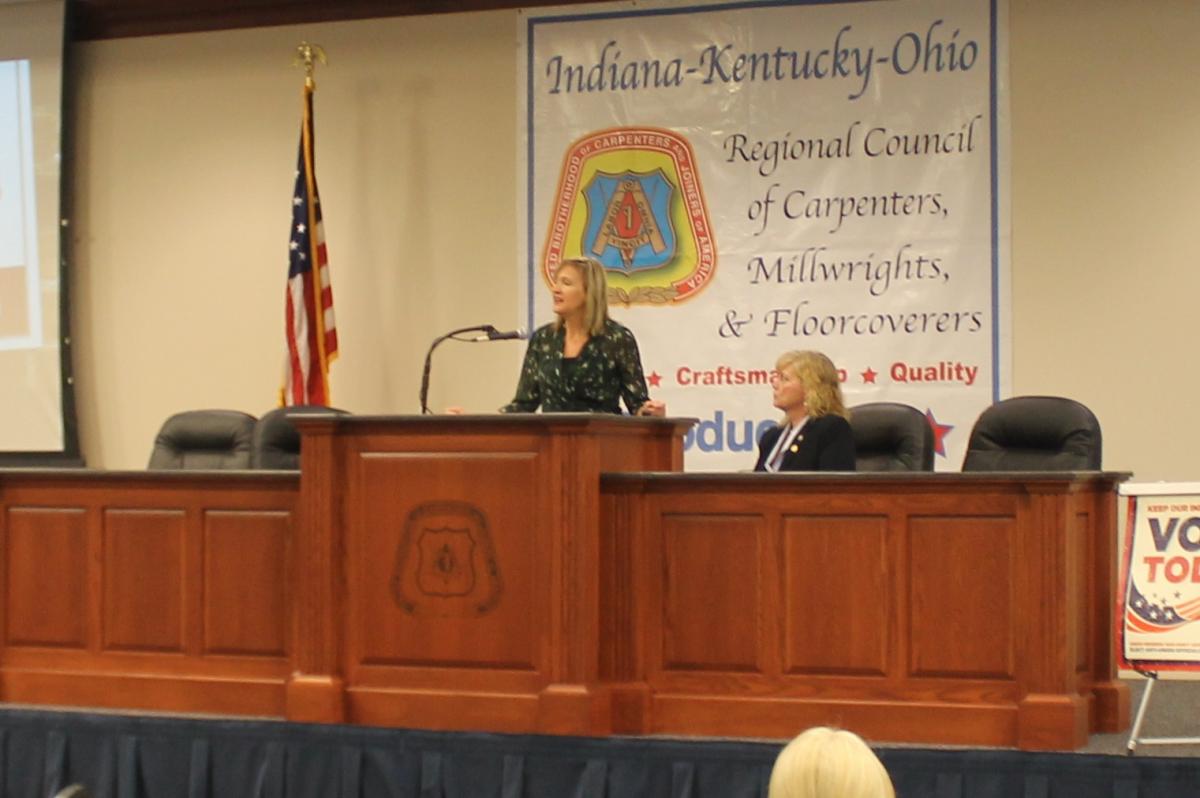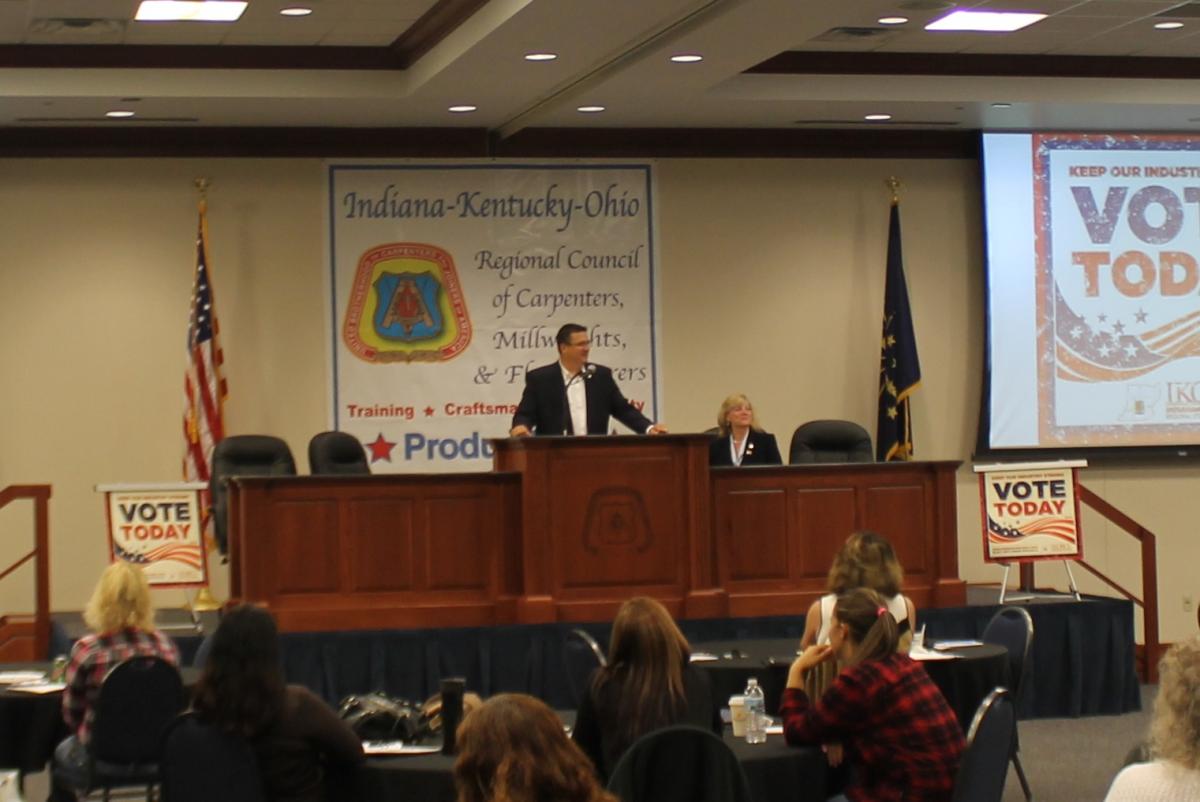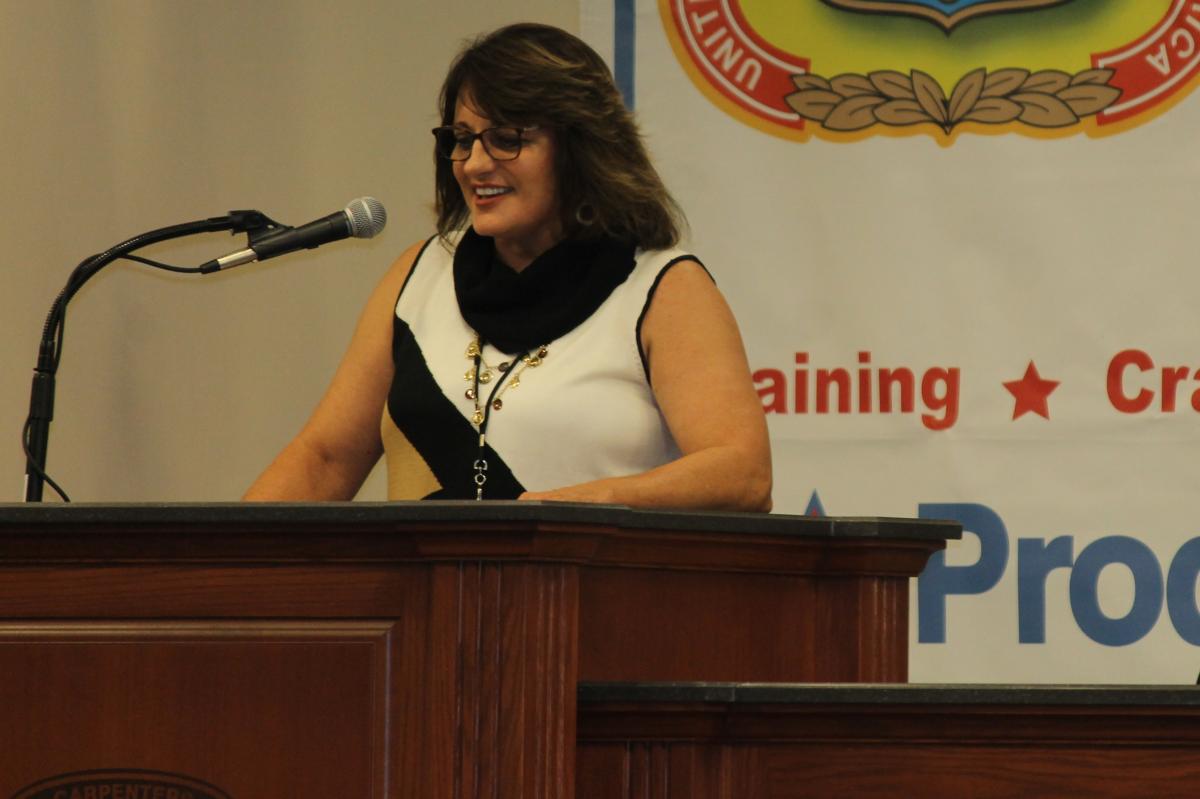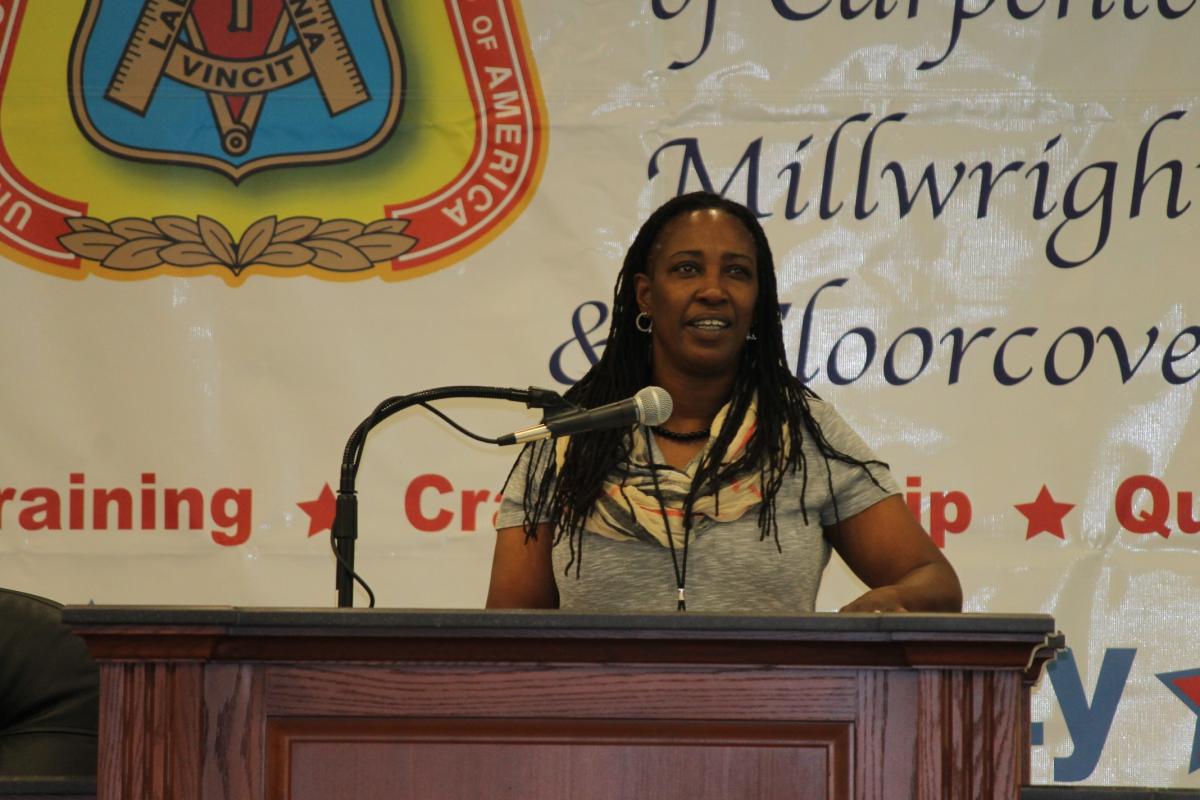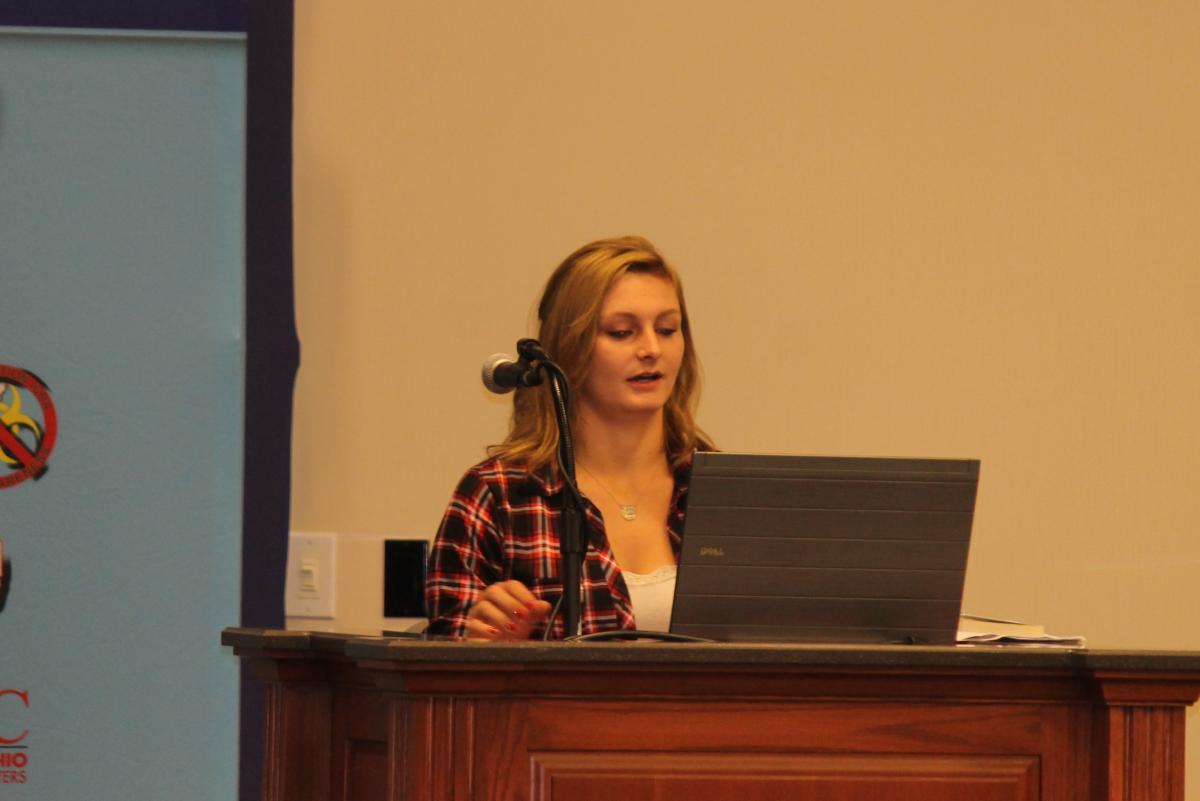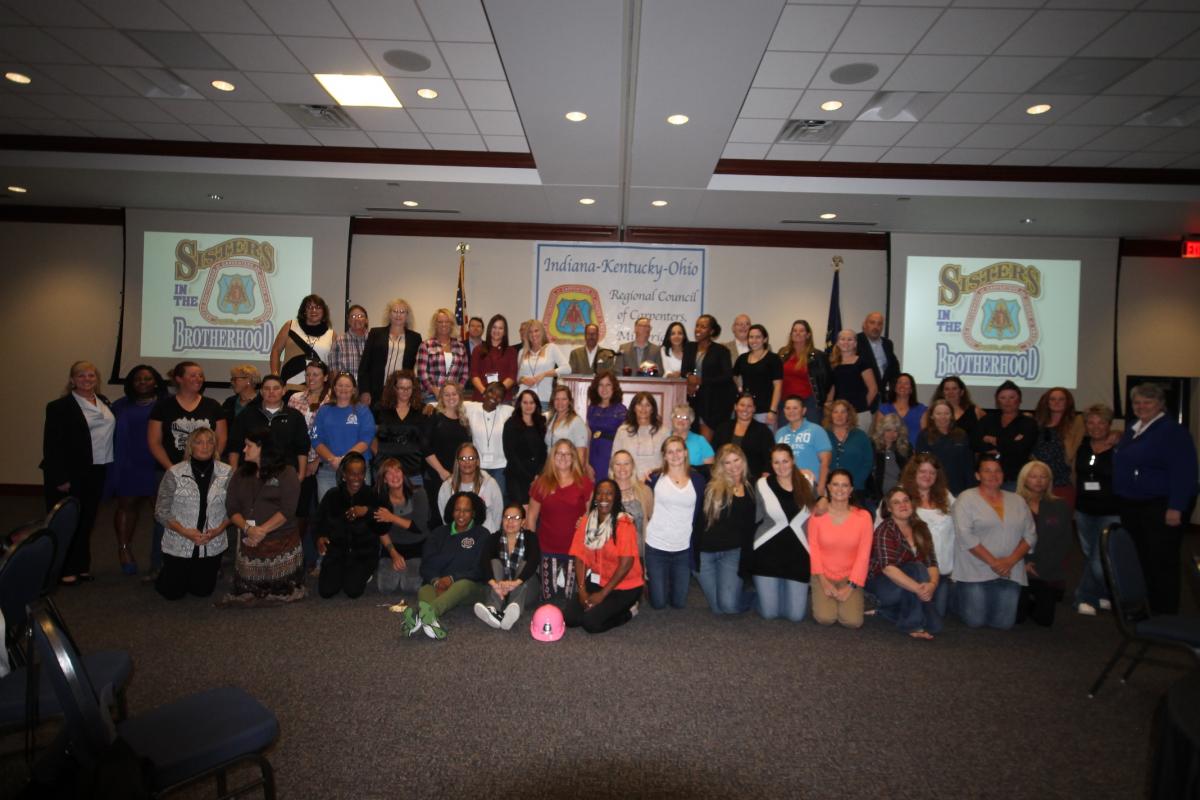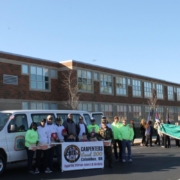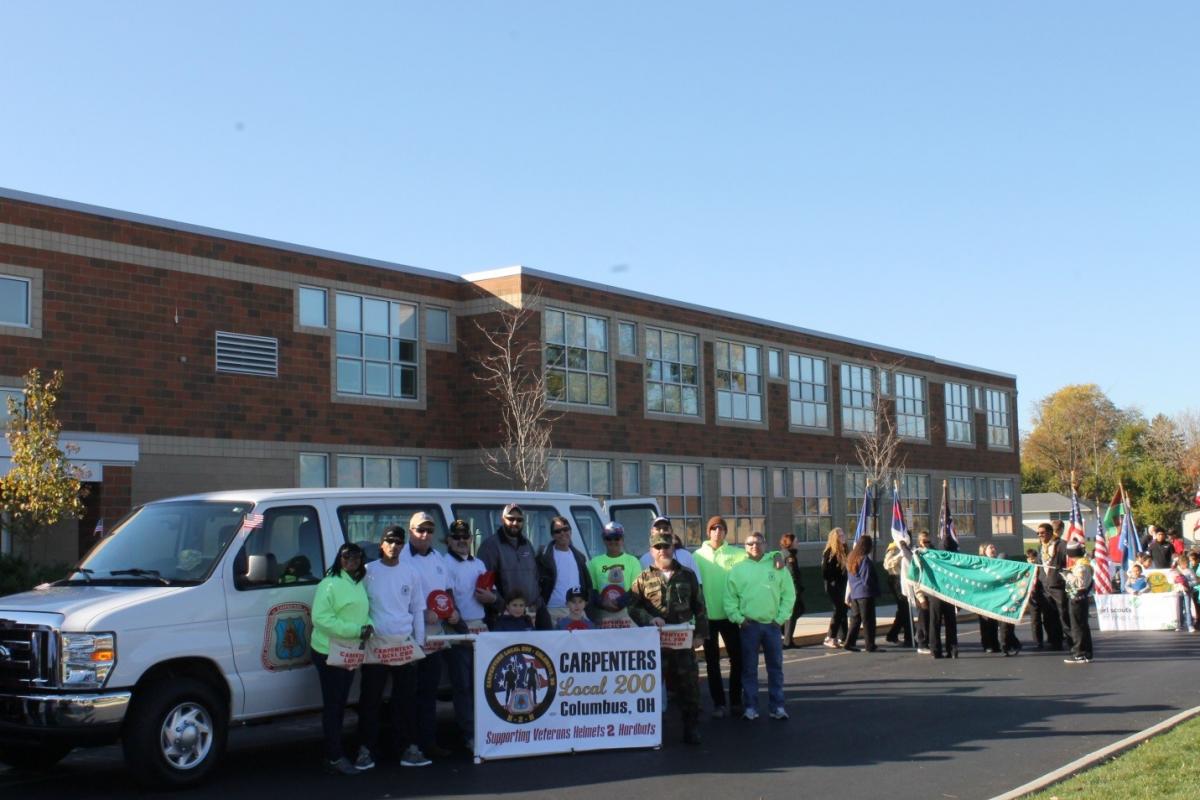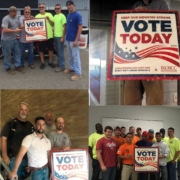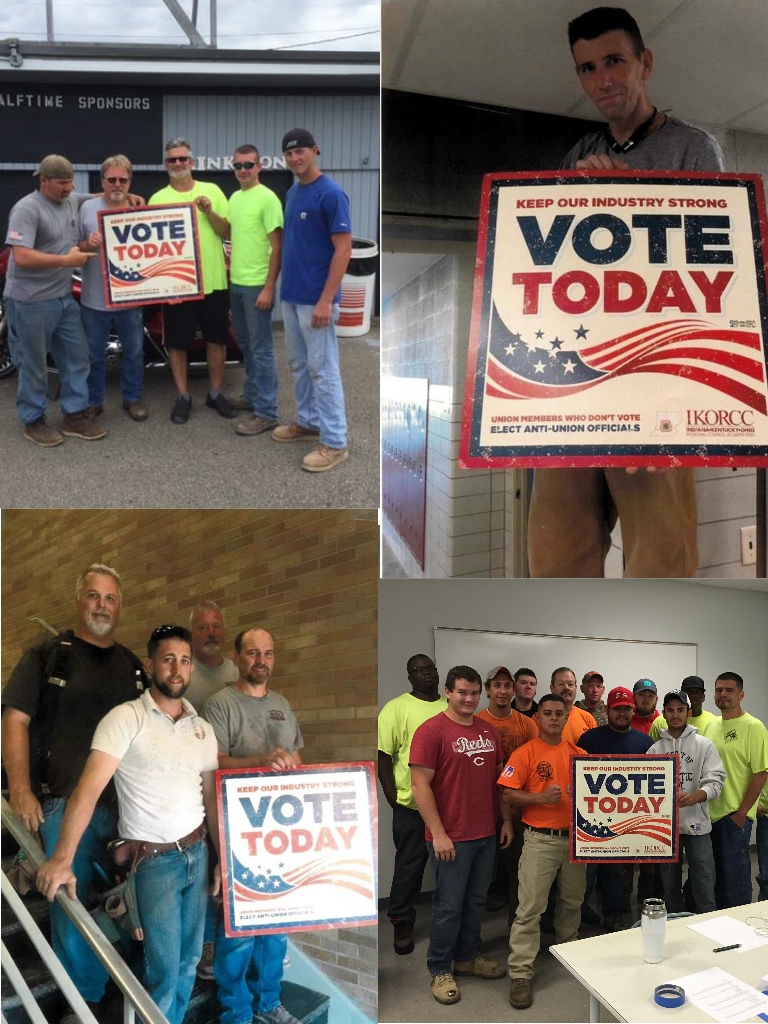Opinion: How prevailing-wage laws help veterans
Chicago Sun Times
OPINION 12/08/2016, 06:51pm
Mike Pounovich and Marc Poulos
In about six weeks, President-elect Donald Trump and the two houses of Congress will own responsibility for delivering on some big promises.
Two featured repeatedly in his campaign were fixing our infrastructure and “taking care of vets” who are being treated “horribly.”
These two issues are not as disconnected as you might think
Veterans work in construction at higher rates than non-veterans. And the military invests heavily in training for these types of jobs — providing 22 percent of all skilled trade apprenticeships in the country today.
Research and our own experience inside the industry shows that the key policy driving many veterans and others into these middle-class construction careers is prevailing wage laws — the minimum wage for skilled construction work. Prevailing wage laws not only make veterans more likely to pursue a career in the trades, they also reduce the likelihood of a veteran in construction living in poverty by as much as 30 percent. They promote higher workmanship, safety, and efficiency standards on public construction projects. And by virtue of providing more working families with money to spend in their communities, they are proven to boost job creation across all sectors of the economy.
While these laws were created by Republicans and have long enjoyed broad bipartisan support, many in President-elect Trump’s party are calling for their repeal. Vice President-elect Mike Pence repealed Indiana’s prevailing wage in 2015, and Illinois Gov. Bruce Rauner has gone so far as to hold the entire state budget hostage over a similar demand.
Now, after many blue-collar construction workers helped deliver the White House to Trump over his promise to immediately rebuild our nation’s outdated infrastructure, the question is what will happen to the national prevailing wage law (Davis-Bacon) that’s ensured these projects are done right for 85 years.
On the campaign trail, Trump famously said, “Every policy decision must pass a simple test: Does it create more jobs and better wages for Americans?” Most of the peer-reviewed evidence tells us that repealing prevailing wage laws fails this test spectacularly, and worse, would disproportionately hurt the hundreds of thousands of military veterans working in the construction industry today.
The beneficiaries would not be veterans or working Americans — but the wealthy “low road” contractors who have long supported anti-prevailing wage politicians like Pence, Rauner and Wisconsin Gov. Scott Walker. These special interests aren’t buying politicians because they are planning to send taxpayers a rebate check. Instead, because they know a race to the bottom on safety, wages, and craftsmanship translates to less competition and higher profits for them.
Trump surely knows prevailing wage laws have almost no impact on total project costs, since construction labor only represents about 20 percent of the average project budget.
These laws also make a huge difference for taxpayers who rely on quality roads, water systems, schools and bridges that are built correctly.
How Donald Trump’s infrastructure proposal balances the more extreme elements in his party with his promise to rebuild America’s infrastructure in a way that creates “more jobs and better wages for Americans” will help define his presidency.
Either he will keep faith with the working people and veterans he claims to represent, or he will game the system for low road special interests.
Mike Pounovich is an equipment operator and a former specialist in the U.S. Army Reserves who spent 12 months in Iraq building roads, bridges and other critical infrastructure.
Marc Poulos is the executive director and counsel of the Indiana, Illinois and Iowa Foundation for Fair Contracting, as well as a board member of the National Alliance for Fair Contracting and the Illinois Prevailing Wage Council.
